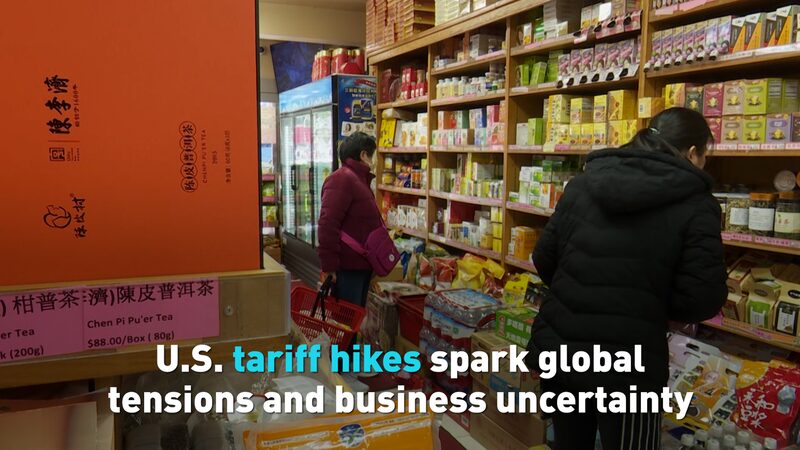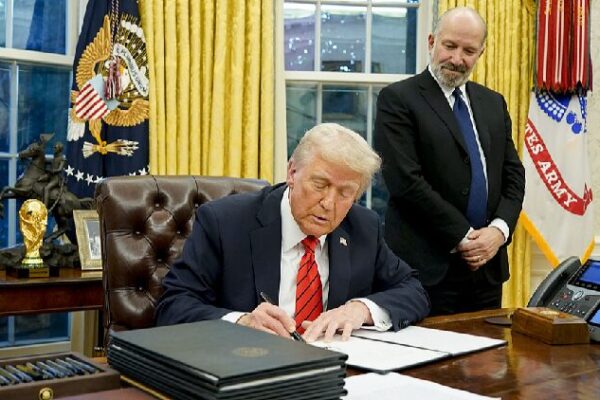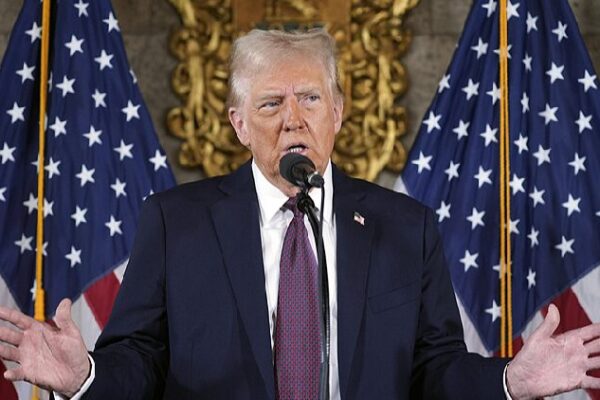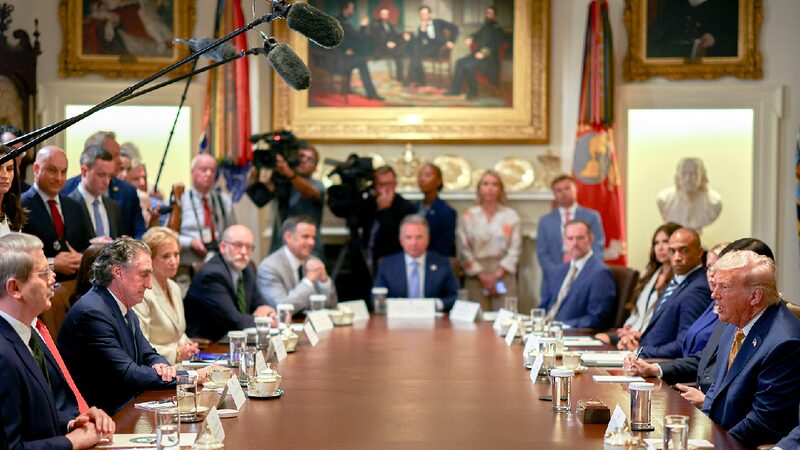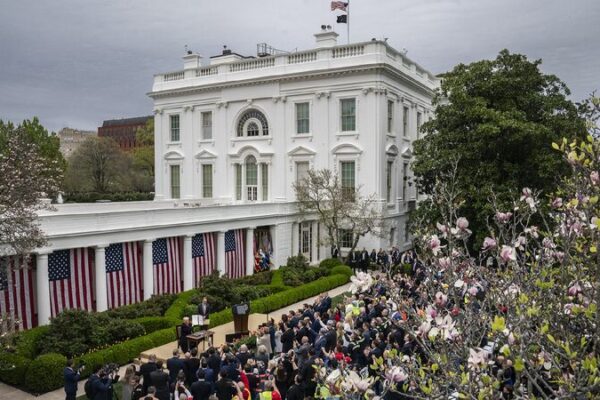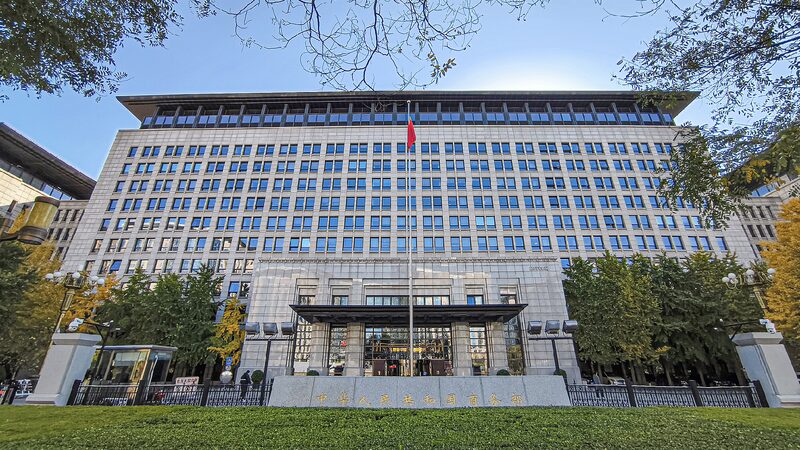Since taking office in January 2017, U.S. President Donald Trump has imposed or threatened tariffs against several countries, including Canada, the European Union, and the Chinese mainland. The latest increase has seen tariffs on imports from the Chinese mainland double to 20%, sparking global tensions and leaving businesses scrambling to adjust.
These tariff hikes have led to uncertainty in international trade, as companies worldwide struggle with rising costs and disrupted supply chains. Small businesses in particular are feeling the pinch, with many forced to reconsider their strategies or face significant losses.
\”It’s becoming increasingly challenging to operate,\” said Maria Gonzalez, a small business owner in Mexico City. \”Our supplies now cost more, and we have to pass that on to our customers, which isn’t ideal.\”
The impact is also being felt by consumers, who are likely to see higher prices on everyday goods. Economists warn that prolonged trade tensions could slow global economic growth, affecting job markets and investment opportunities, especially in developing nations.
Young entrepreneurs and startups in the Global South are particularly vulnerable to these shifts. With less capital to buffer against market volatility, they face greater risks in an already competitive environment.
As the situation unfolds, many are calling for dialogue and cooperation to ease trade disputes. The goal is to find mutually beneficial solutions that support economic stability and growth for all parties involved.
Reference(s):
U.S. tariff hikes spark global tensions and business uncertainty
cgtn.com
